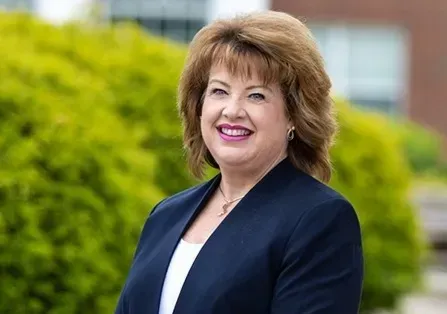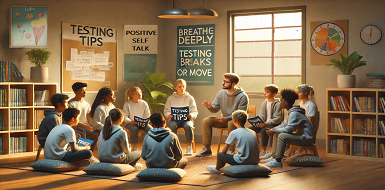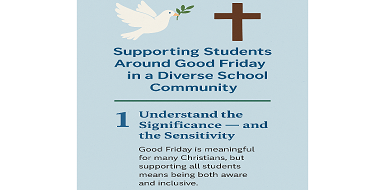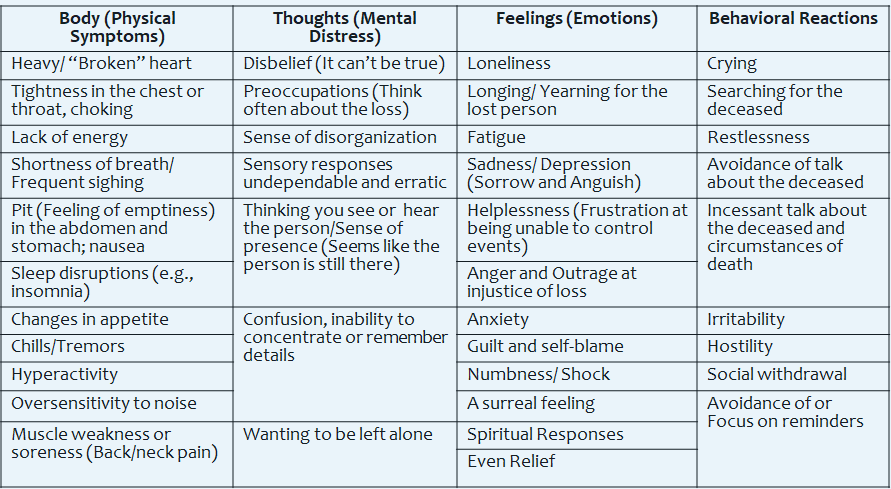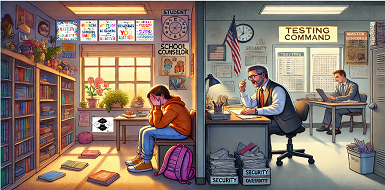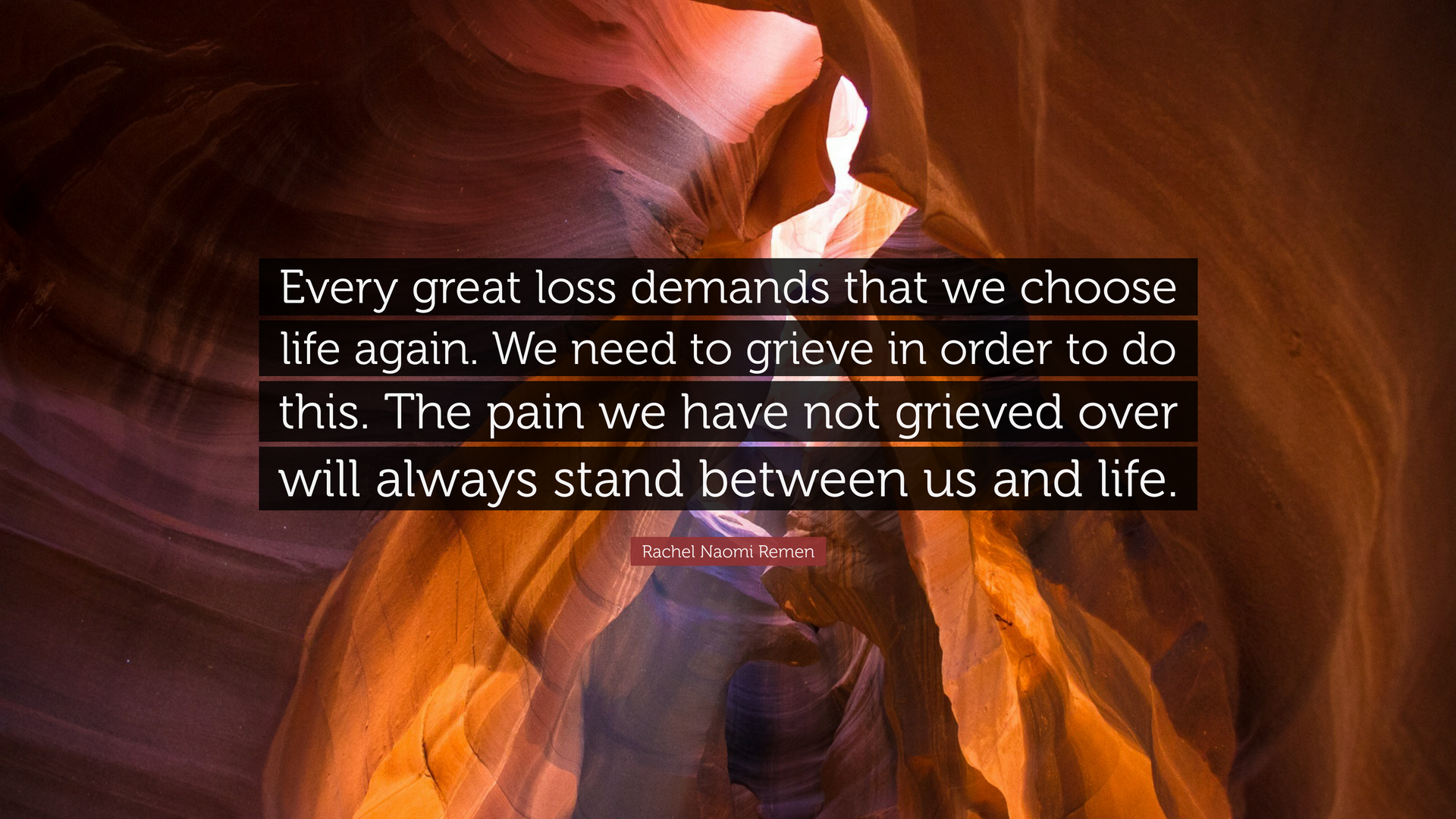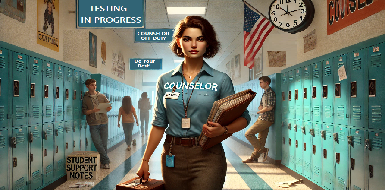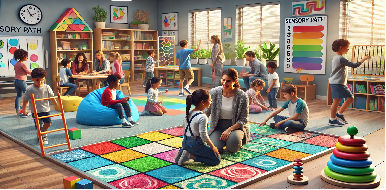Responsibilities After a Presidential Election
Navigating ethical responsibilities
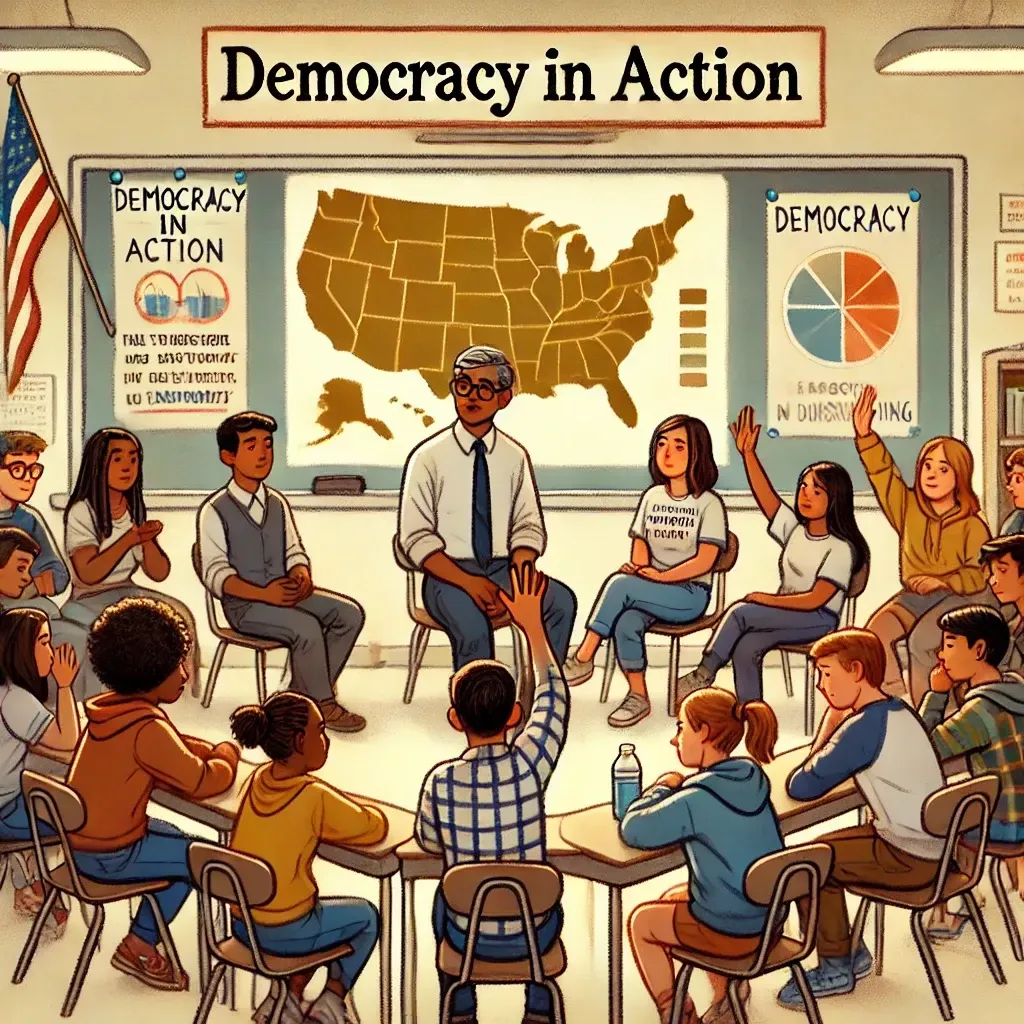
The period following a presidential election can be a time of heightened emotions and uncertainty for students, families, and school communities. As the results settle and the nation reflects on the implications of its choice, school counselors play a critical role in helping students process this significant event ethically and responsibly. Whether students feel hopeful, concerned, or indifferent, counselors must provide a supportive, unbiased presence to guide them through this time.
1. Foster Understanding of the Election Outcome
After the election, students may have questions or concerns about what the results mean for their lives or the country. School counselors can:
- Provide clear, nonpartisan explanations of the democratic process and the significance of the election results.
- Highlight the peaceful transition of power as a hallmark of democracy.
- Encourage critical thinking about how elections shape policies and leadership without expressing personal opinions.
Helping students understand the broader context of the election fosters civic awareness and critical engagement.
2. Address Emotional Reactions
Presidential elections often elicit a wide range of emotions, from celebration to disappointment or anxiety. Students may mirror the reactions they see at home or in their communities. Counselors can:
- Offer a safe space for students to share their feelings about the election.
- Validate emotions while guiding students toward constructive ways to process them.
- Reassure students that their voices and perspectives remain important, regardless of the election’s outcome.
For students deeply affected by election rhetoric or policies, providing individualized or small group support can make a meaningful difference.
3. Encourage Respectful Dialogue
Post-election discussions can be challenging, especially when students have differing opinions. School counselors should:
- Promote respectful conversations by setting clear guidelines for dialogue.
- Address instances of hostility or bullying related to political differences.
- Model empathy by encouraging students to listen and seek to understand diverse perspectives.
Creating an atmosphere of mutual respect helps students navigate disagreements constructively.
4. Focus on Civic Engagement
The conclusion of an election is an opportunity to inspire ongoing civic participation. School counselors can:
- Emphasize that democracy is an ongoing process and encourage students to stay informed about issues that matter to them.
- Highlight ways students can contribute positively to their communities, such as volunteering or advocacy.
- Collaborate with teachers to integrate lessons on citizenship and leadership into the curriculum.
This approach shifts the focus from election outcomes to the importance of active, informed engagement.
5. Support Students Affected by Policies or Rhetoric
For some students, the election results may feel particularly personal, depending on the policies or rhetoric associated with the winning candidate. School counselors can:
- Provide resources and support for students who may feel marginalized or vulnerable.
- Work with school staff to ensure an inclusive and safe environment for all students.
- Advocate for equity and understanding within the school community.
Acknowledging and addressing these concerns helps students feel seen and supported.
6. Model Neutrality and Professionalism
In the aftermath of the election, it is essential for school counselors to maintain an ethical stance of neutrality. This means:
- Avoiding expressions of personal political opinions in professional settings.
- Ensuring that support and guidance are offered impartially to all students.
- Using election discussions as teachable moments rather than platforms for personal advocacy.
Modeling neutrality reinforces the counselor’s role as a trusted, unbiased resource.
Final Thoughts
The weeks following a presidential election are a crucial time for reflection, learning, and growth. As school counselors, our ethical responsibility is to foster understanding, provide emotional support, and encourage respectful discourse, all while maintaining neutrality. By focusing on these principles, we can help students navigate the post-election period with confidence and resilience, preparing them to engage thoughtfully with the democratic process in the years to come.
I am a school counselor turned counselor educator, professor, and author helping educators and parents to build social, emotional, and academic growth in ALL kids! The school counseling blog delivers both advocacy as well as strategies to help you deliver your best school counseling program.
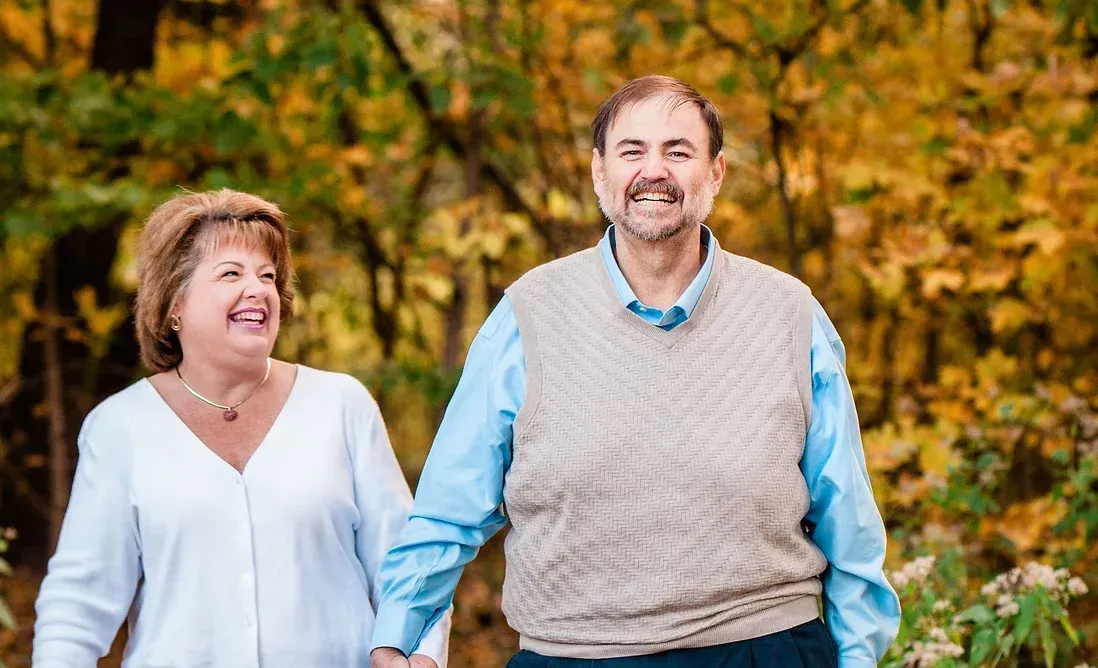
I'm a mother, grandmother, professor, author, and wife (I'll always be his). Until October 20, 2020, I lived with my husband, Robert (Bob) Rose, in Louisville, Ky. On that awful day of October 20,2020, my life profoundly changed, when this amazing man went on to Heaven. After Bob moved to Heaven, I embraced my love of writing as an outlet for grief. Hence, the Grief Blog is my attempt to share what I learned as a Counselor in education with what I am learning through this experience of walking this earth without him. My mission is to help those in grief move forward to see joy beyond this most painful time.
